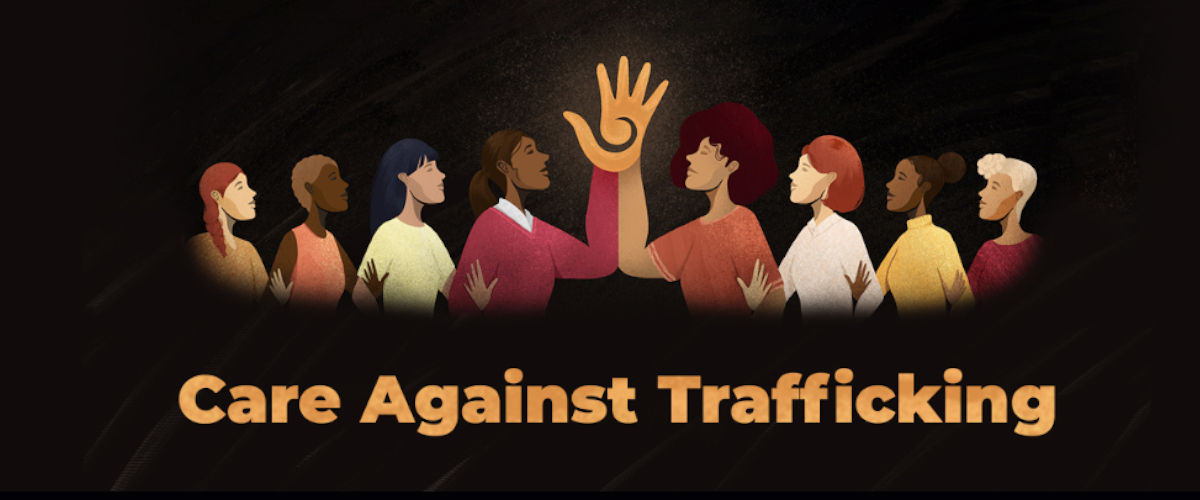Among the many open wounds in our world, one of the most troubling is human trafficking, a modern form of slavery, which violates the God-given dignity of many of our brothers and sisters. ~Pope Francis
Everyone hopes to have a better life. In order to pursue their dreams, many people are willing to leave their families behind for work opportunities far away, hoping that this will change their destiny. However, not a few of them end up being victims of human trafficking. Their dreams are not only shattered; they find themselves trapped in organised crime.
Encounters with trafficking victims are valuable experiences that can lead us to a deeper awareness of the inherent dignity of every human being. No one has the right to seize anyone’s freedom for no good cause and trample on the dignity of others. Everyone needs protection and a sense of security. Safety from the mafia or crime networks is a primary need of trafficking victims. These crime networks do not want to lose their victims so they will do what they can to get them back. Thus, the confidentiality of the victims must be strictly adhered to.
Client-centered mentoring with respect to human rights principles is also very important for trafficking victims, as well as psychological assistance to help them recover from trauma, physical health care, and legal assistance. A compassionate approach is central. They need acceptance without judgment, to be loved and listened to. They need systemic support that will allow them to freely tell their experiences without the fear of stereotypes or assumptions based on gender, culture, religion, and beliefs.
An important element in assisting trafficking victims is reintegration, which requires preparing and educating them so they will not fall victims to trafficking again. An integrated approach involving social, psychological, and economic dimensions is ideal as all these are interrelated. Besides the victim, the family also needs to be prepared for the victim’s homecoming, ensuring that he or she feels loved and accepted without judgement. Here, a sense of security is very important. Economic support to empower the victims to get back on their feet, even to become advocates in the anti-trafficking campaign, is likewise crucial.
In addition to reintegration, integration may also be needed when the victims are not able to return to their places of origin because the trafficker is a family member or a neighbour, in which case we need to help them adapt to a new place and society. We need to teach them to be independent and have self-confidence to take hold of their future.
Talithakum Indonesia is a women’s religious commission in Indonesia that is part of an international network of religious women committed to creating a world without human trafficking. We do this by inviting all people of goodwill to campaign against human trafficking, empowering religious and other communities to become agents of change, restoring the dignity of victims of human trafficking, and advocating for public policies. Our basic attitude is one of openness in accepting victims of human trafficking. They are our own brothers and sisters because we are one human family on this earth.
Contributed by Talithakum Indonesia







